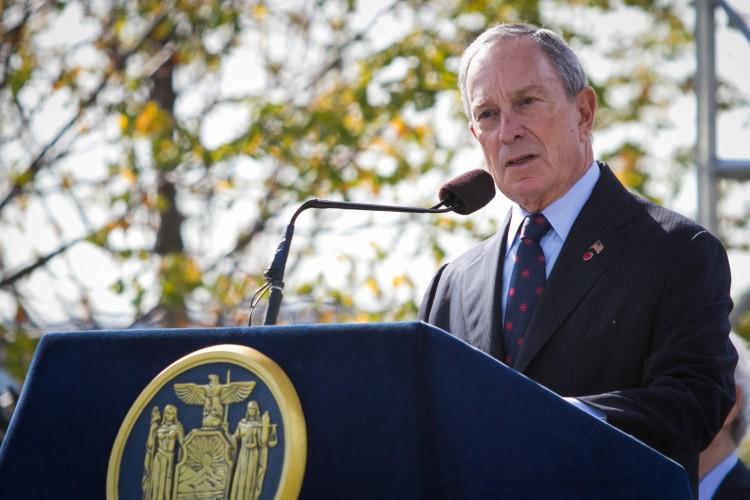NEW YORK—Left out. Many teachers and parents say they have increasingly felt ignored and bypassed, as mayoral control of schools stretches on under Mayor Michael Bloomberg’s third term.
Rather than an elected school board controlling the school system, mayoral control has the mayor controlling the board and ultimately its decisions. When mayoral control temporarily expired in 2009, it was quickly renewed by the state Legislature, which then set a new sunset date in 2015, though it could be changed before then by the legislature.
Community education councils and school leadership teams exist as part of the school management structure, but members say their input is not incorporated into the decision-making process, and they often feel ignored. Overall parent engagement is also down, according to the 2012 “Mayor’s Management Report.”
Instead of real engagement, the Department of Education’s idea of parents-as-partners is homework help at home, said Shino Tanikawa, president of Manhattan’s Community Education Council 2.
“We have a lot more to offer than just helping our own kids with homework,” she said. “We want to put educators back in the policymaking positions, because they know what needs to be done, and we want to have parental input and parental voice as an equal partner in policy setting. And we don’t mean one man, or woman, making all the decisions.”
Education councils are staffed by parent volunteers and help to “shape educational policies and priorities in their districts,” according to the Department of Education (DOE).







